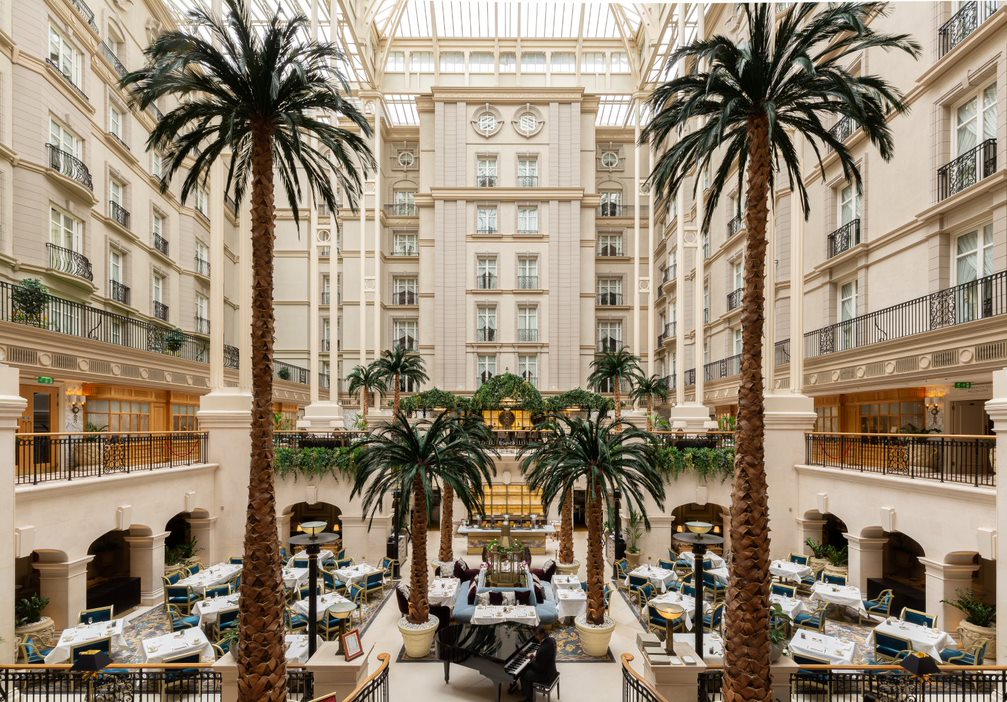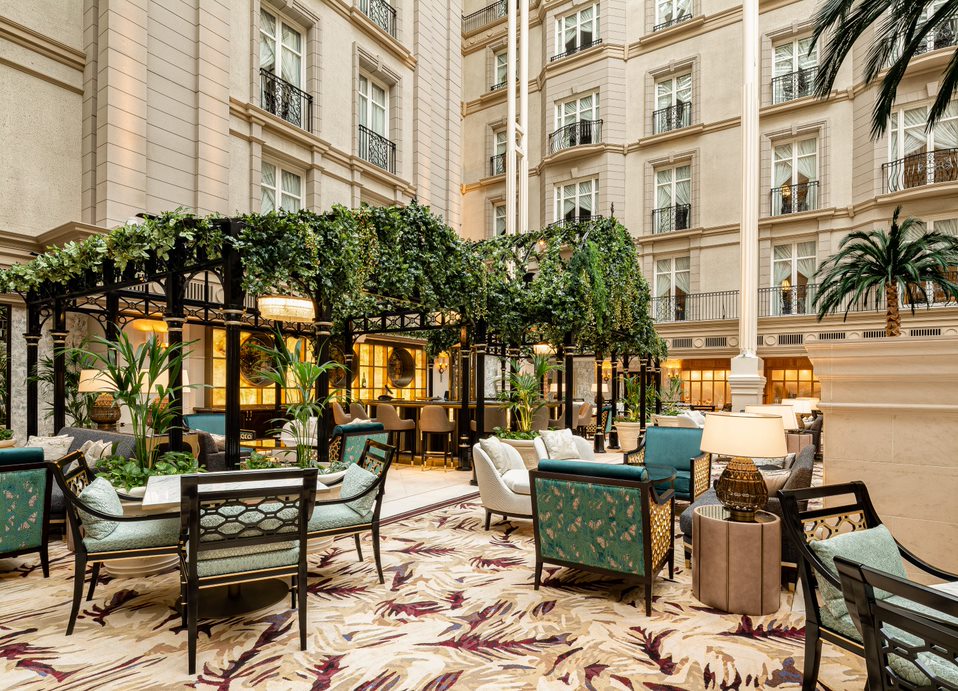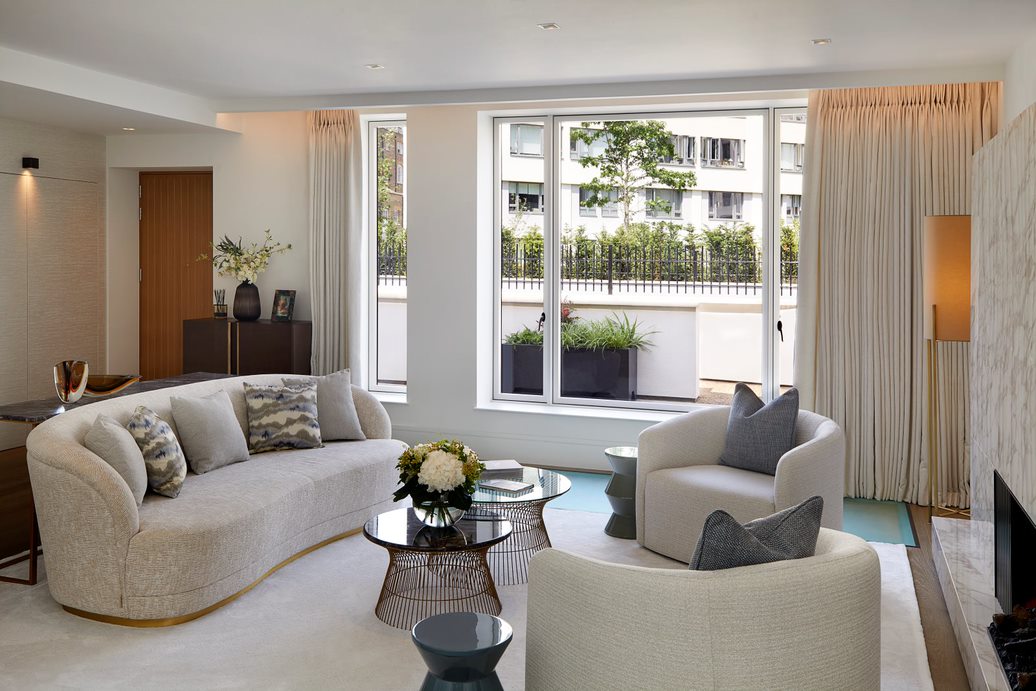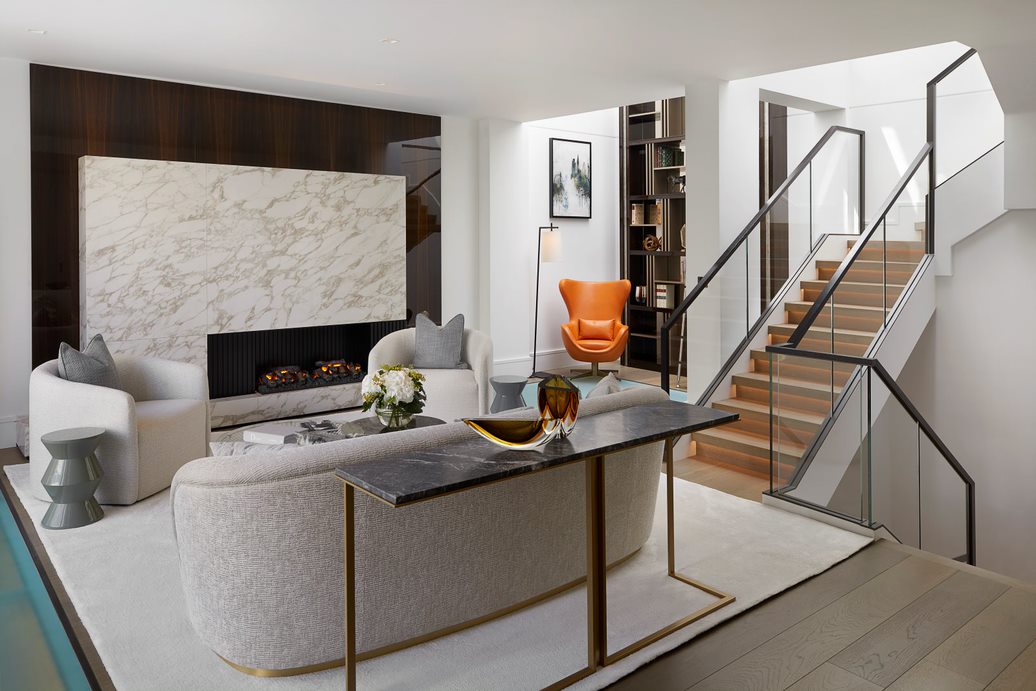

| CANVAS OF PLANS & DRAWINGS |
INTERIOR & DÉCOR, but with a twist |
| HOTELS & RESTAURANTS, beyond mainstream |
Notes on ART |
| Into big AFFAIRS | INSIDERS |
| GLIMPSES | |
Keywords:
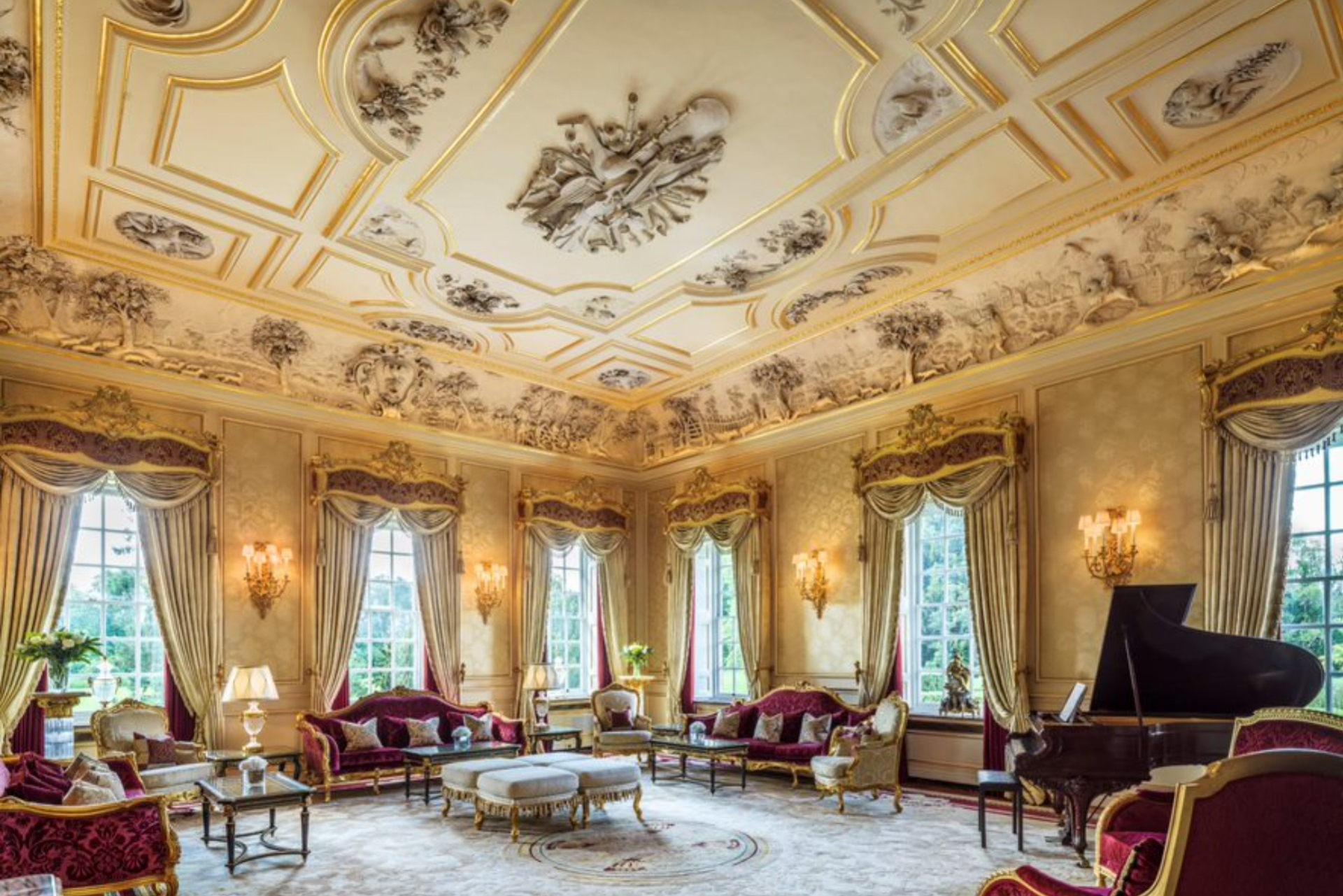
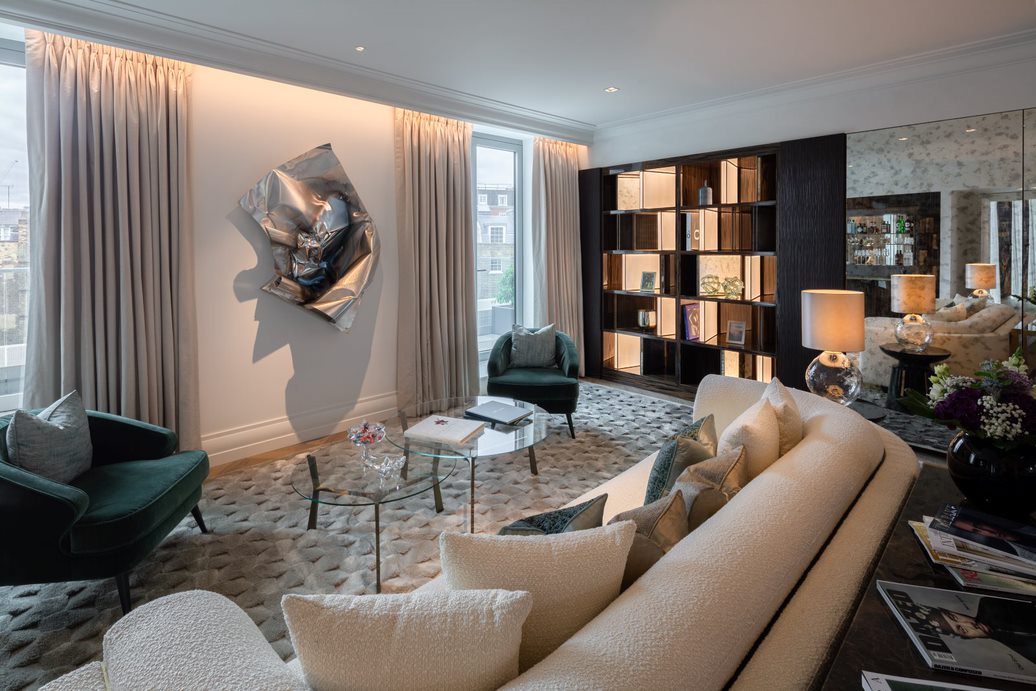
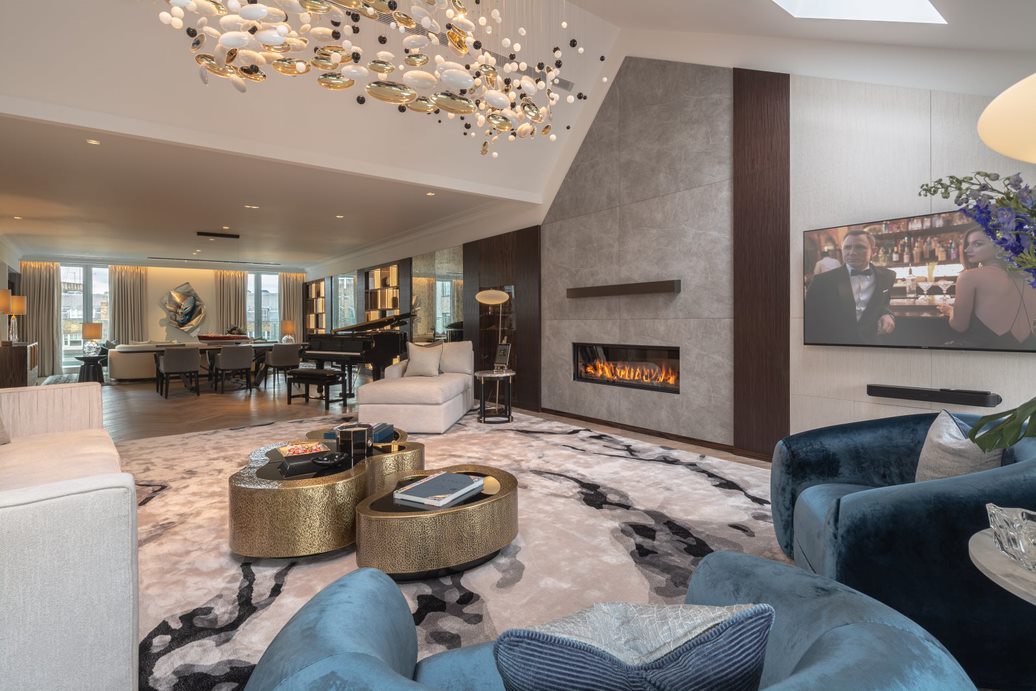
The stage design profession can provide important lessons applicable to everyday life. Primarily, an overall sense of theatre and a specific mode to feel and organise a space. In fact, our lives are not dissimilar to a theatrical play we act in every day. It might be a very repetitive, or perhaps even the same, but it is always a series of rhythms and patterns.
From the moment you arrive somewhere, whether it is a hotel, an apartment or a house, you begin to visualise what the space is going to be. The sense of arrival is extremely important as it is the first impression and this always stays with you. I would say that if you develop the design as if you were developing a play or a script, you can write a story that will always reside within the spaces. Lighting is another fundamental aspect as you can recreate the same space in different ways depending on how it is lit.
What was fundamental at the beginning of my career in respect to the hospitality sector has remained largely the same. You can still find a lobby, a reception, a restaurant, a spa and a guestroom. The most important part of hospitality is the hospitality itself. When you arrive, there is still somebody at the door, greeting you and taking your luggage and this has not changed since the Silk Road was invented. Fundamentally, we all want the same things: a home away from home, a comfortable bed and a warm welcome. This is what we all try to reinvent every single time and that part of the experience is still deeply human centric. On the other hand, technology has advanced and today you may arrive at your room and open the door with your phone rather than with a key. This is where the change is.
